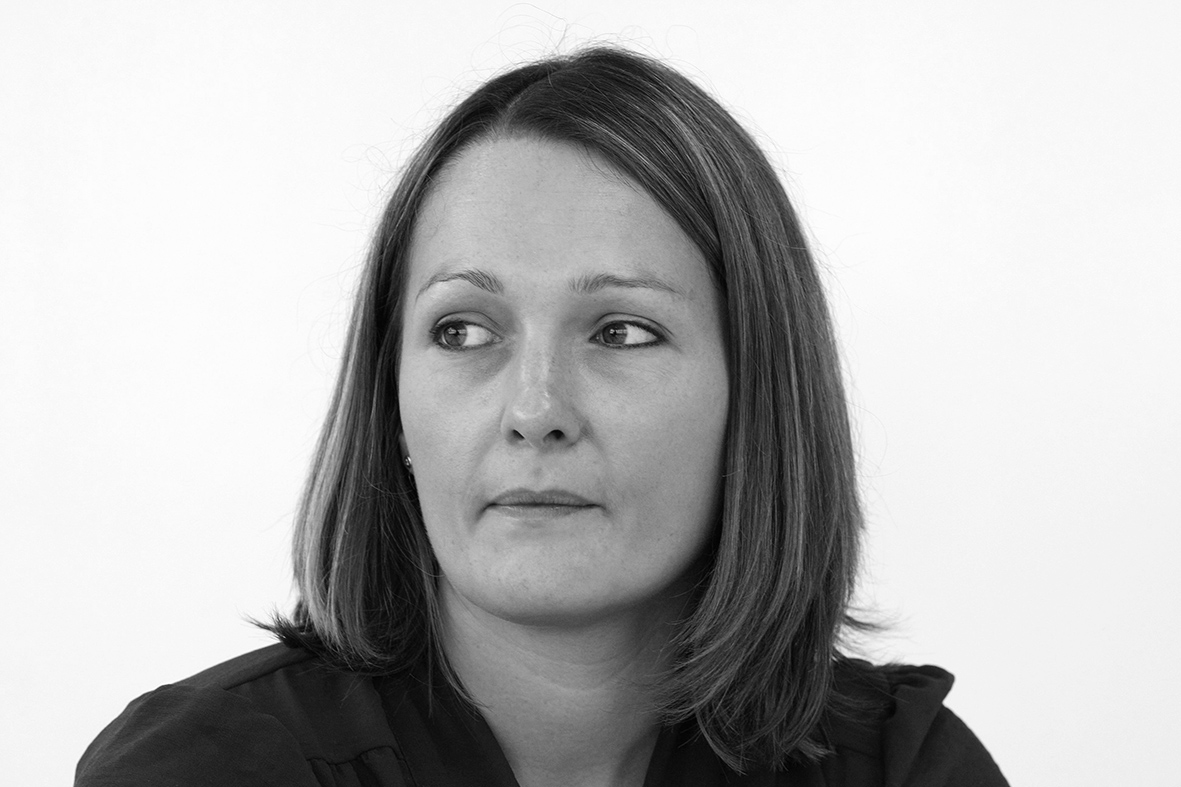Why 10 years on the Equality Act is as relevant as ever
With reports that female employees are being advised to dress provocatively for video meetings to impress clients, lawyer Alex Christen explains why this is an act of discrimination and why we need to know our rights


Celebrity news, beauty, fashion advice, and fascinating features, delivered straight to your inbox!
You are now subscribed
Your newsletter sign-up was successful
With reports that female employees are being advised to dress provocatively for video meetings to impress clients, lawyer Alex Christen explains why this is an act of discrimination and why we need to know our rights
In the age of remote working, raising awareness about the Equality Act is crucial, so we all know our employment rights and are empowered to raise issues. Many of us have read the news reports of women being instructed to dress sexily or provocatively, wear more make-up and style their hair for video calls, all under the guise of winning or pleasing clients. But few of these women have complained for fear of appearing like they can’t take a joke. Yet these comments are clear acts of discrimination under the Equality Act.
Tackling discrimination
The Equality Act came into force on 1 October 2010 offering a single, clear legal framework to tackle discrimination against people with protected characteristics. These characteristics are age, disability, gender reassignment, marriage and civil partnership, pregnancy and maternity, race, religion or belief, sex, and sexual orientation.
Ten years on, as the coronavirus pandemic overhauls the way we live and work, the Equality Act is as relevant as ever. While the huge volume of people now working from home certainly brings opportunities for social change, the pandemic has also exposed inequalities in the distribution of health and wealth.
It’s unfortunately not a surprise that the lockdown's economic fallout is widening disparity between the sexes. Statistics published this May by the Institute of Fiscal Studies already show women are more likely than men to take a pay cut or lose their job.
Equal pay for equal work
This imbalance is expected to worsen after the furlough scheme ends in October and is replaced by the Job Support Scheme. Designed to only support 'viable' jobs, the new scheme seems implicitly targeted at high-skilled sectors like manufacturing and construction. Sectors where retaining skills is more economical than making redundancies, but where women are still a minority.

In this context, it’s crucial employers remember their obligation under the Equality Act, to ensure the decisions they make in response to the coronavirus crisis do not discriminate against their employees. Men and women in the same employment performing equal work must receive equal pay, unless any difference in pay can be justified.
Celebrity news, beauty, fashion advice, and fascinating features, delivered straight to your inbox!
Since 2017, separate rules which complement the Act also require organisations with 250 employees or more to publish and report specific figures about the difference between the average earnings of male and female employees.
Ethnicity pay gap
While pay gap isn’t the cause of discrimination, it is sometimes a symptom. Measuring its evolution in the years to come will certainly help assess the extent of the damage caused by pandemic, and ultimately help change mindsets. It’s the same reason why calls for the introduction of ethnicity pay gap reporting have gained momentum in light of the Black Lives Matter movement.
Recent disappointment over the government’s decision to drop the Gender Recognition Act proposals (for people to have a right to self-identify as a different gender without going through medical diagnosis) shows equality legislation can still go much further - with the right support.
Hopefully, the government's plans to 'build back better' over the next decade will not forget that protecting individuals from unfair treatment is a key part of creating a fairer and more equal society.
Alex Christen is an employment lawyer at Capital Law ( a Cardiff and London-based law firm)
Maria Coole is a contributing editor on Marie Claire.
Hello Marie Claire readers – you have reached your daily destination. I really hope you’re enjoying our reads and I'm very interested to know what you shared, liked and didn’t like (gah, it happens) by emailing me at: maria.coole@freelance.ti-media.com
But if you fancy finding out who you’re venting to then let me tell you I’m the one on the team that remembers the Spice Girls the first time round. I confidently predicted they’d be a one-hit wonder in the pages of Bliss magazine where I was deputy editor through the second half of the 90s. Having soundly killed any career ambitions in music journalism I’ve managed to keep myself in glow-boosting moisturisers and theatre tickets with a centuries-spanning career in journalism.
Yes, predating t’internet, when 'I’ll fax you' was grunted down a phone with a cord attached to it; when Glastonbury was still accessible by casually going under or over a flimsy fence; when gatecrashing a Foo Fighters aftershow party was easy-peasy-lemon-squeezy and tapping Dave Grohl on the shoulder was... oh sorry I like to ramble.
Originally born and bred in that there Welsh seaside town kindly given a new lease of life by Gavin & Stacey, I started out as a junior writer for the Girl Guides and eventually earned enough Brownie points to move on and have a blast as deputy editor of Bliss, New Woman and editor of People newspaper magazine. I was on the launch team of Look in 2007 - where I stuck around as deputy editor and acting editor for almost ten years - shaping a magazine and website at the forefront of body positivity, mental wellbeing and empowering features. More recently, I’ve been Closer executive editor, assistant editor at the Financial Times’s How To Spend It (yes thanks, no probs with that life skill) and now I’m making my inner fangirl’s dream come true by working on this agenda-setting brand, the one that inspired me to become a journalist when Marie Claire launched back in 1988.
I’m a theatre addict, lover of Marvel franchises, most hard cheeses, all types of trees, half-price Itsu, cats, Dr Who, cherry tomatoes, Curly-Wurly, cats, blueberries, cats, boiled eggs, cats, maxi dresses, cats, Adidas shelltops, cats and their kittens. I’ve never knowingly operated any household white goods and once served Ripples as a main course. And finally, always remember what the late great Nora Ephron said, ‘Everything is copy.’
